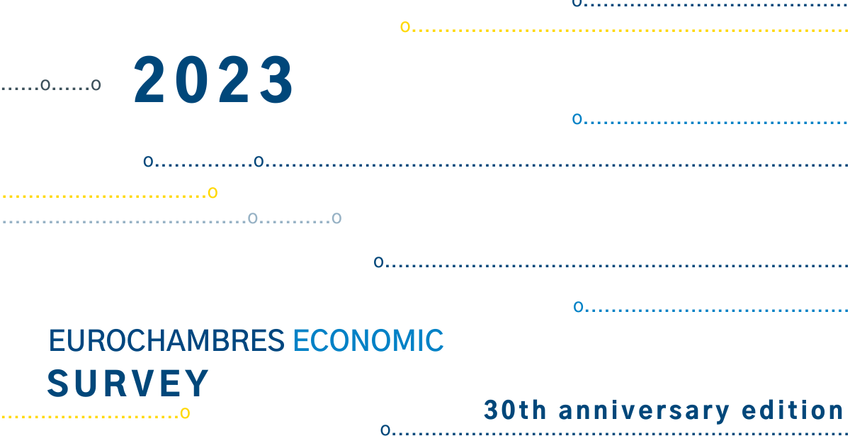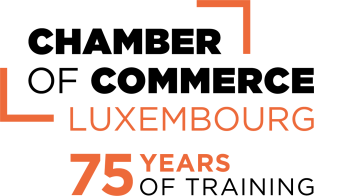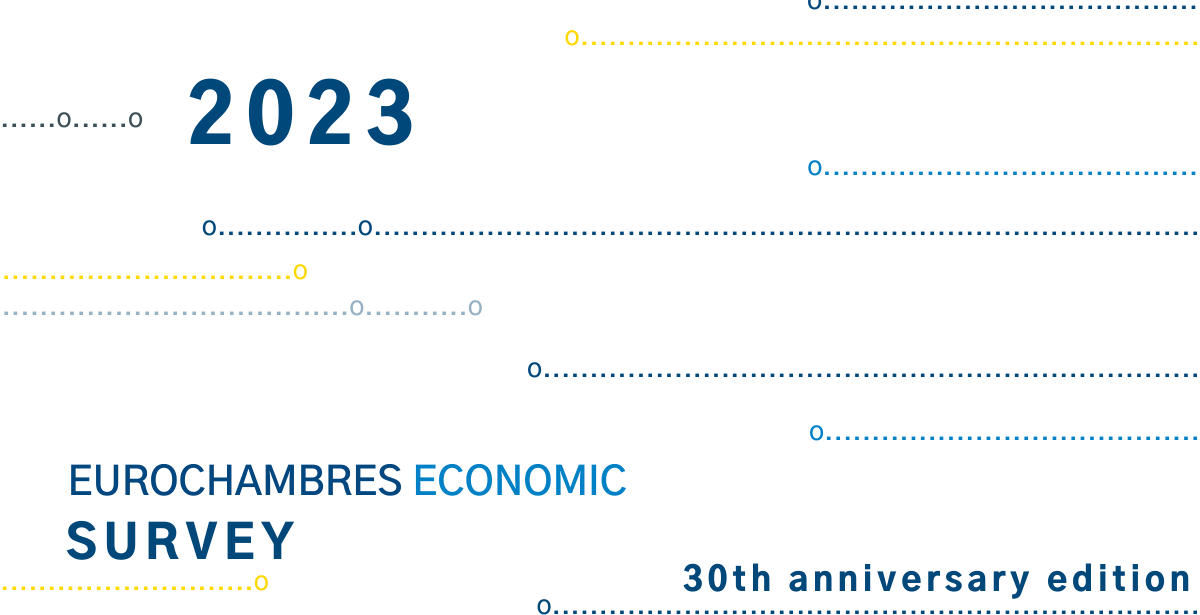

Business confidence for next year is even lower than during the 2008-09 financial crisis and the height of the pandemic according to the 30th consecutive edition of the annual Eurochambres Economic Survey. Concerns about affordable access to energy and raw materials, skills shortages and labour costs are among the key challenges that shape the findings, based on responses from over 42,000 companies in 25 European countries.
The worrying results of the survey are a consequence of the unprecedentedly strong headwinds encountered by businesses across Europe due to the impact of the Covid pandemic, the ongoing war in Ukraine and energy cost driven inflation. All EES2023 indicators show that businesses expect things will get worse before they can get better.
Entrepreneurs are grappling with rising wage and production costs, as well as uncertainty about supply chains and the economic outlook. Reflecting this, there are sharp year on year drops in export, employment and investment expectations, while domestic sales forecasts are slightly down compared to 12 months ago.
Reacting to the findings, Eurochambres President, Luc Frieden, commented: “Business as usual is not an option for our entrepreneurs, and it is not an option for our policy-makers either. Massive investments in renewable energy as well as a competitive business environment are what businesses in Europe need in these difficult times”.
Eurochambres continues to advocate for coordinated European solutions to this challenging economic context, building on the strength of the single market. Chambers also urge EU policy-makers to be conscious of the plight of entrepreneurs and the need to allow them sufficient breathing space to safeguard their future and drive Europe’s medium to long term sustainable growth.
Key EES2023 policy messages:
- Common EU efforts to help businesses cope with high energy prices, to improve energy efficiency and to ensure access to affordable and reliable renewable energy.
- Tackle remaining single market barriers to create growth opportunities.
- A proactive and ambitious EU trade agenda
- A regulatory process that boosts competitiveness
- Concrete actions to tackle shortages during the 2023 European Year of Skills



